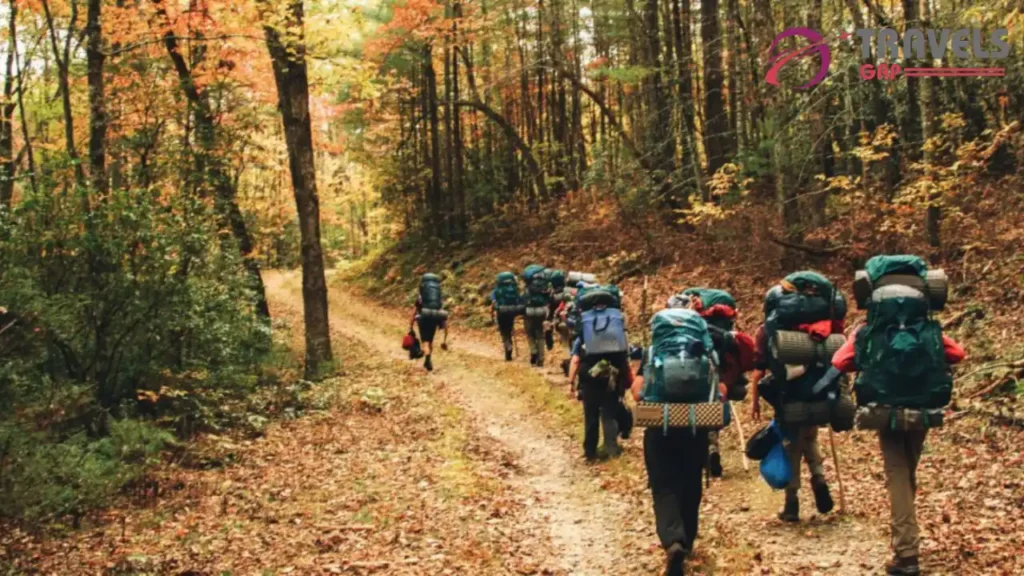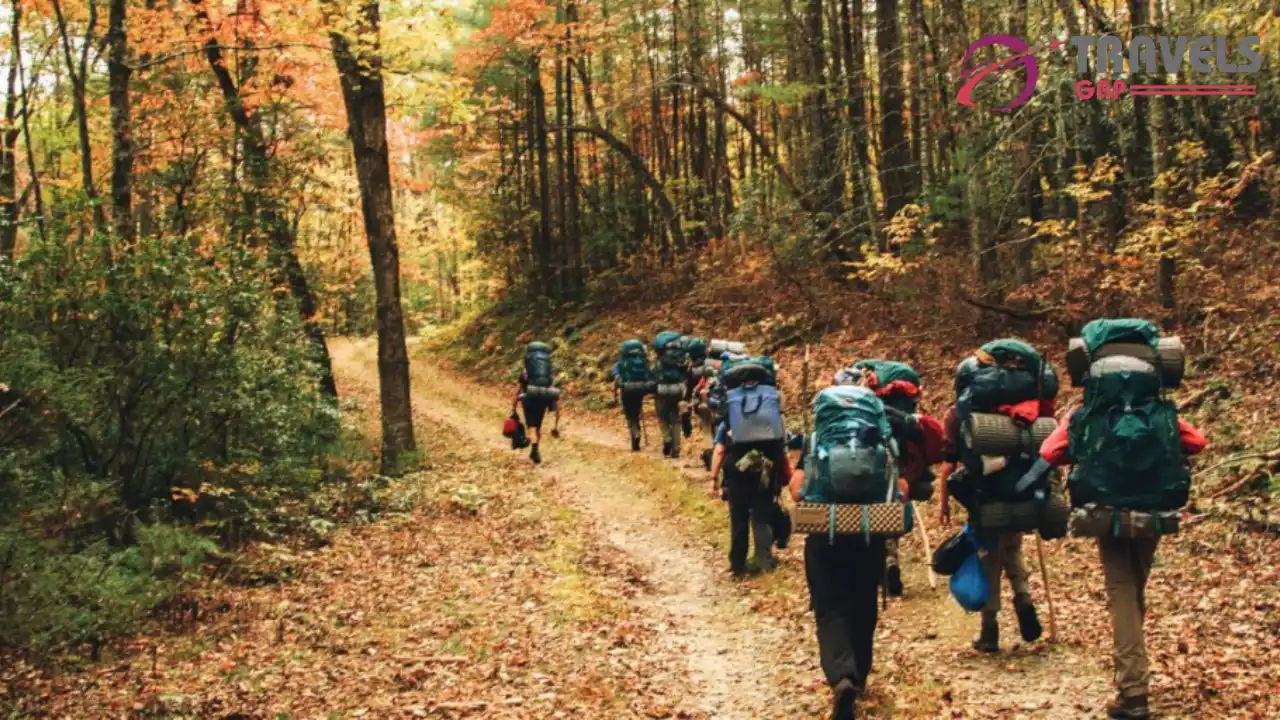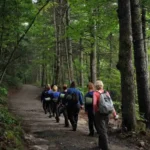Summary
The trails carolina death is a tragic reminder of the potential dangers inherent in wilderness therapy programs. While these programs can offer significant benefits, they must be meticulously managed to prevent such heartbreaking outcomes. The incident at Trails Carolina has highlighted the urgent need for improved safety protocols, better staff training, and more robust regulatory oversight.
Table of Contents
ToggleAs the investigation continues, the hope is that lessons learned from this tragedy will lead to meaningful changes in the wilderness therapy industry, ensuring that the safety and well-being of participants are always the top priority.

The keyword trails carolina death has become a somber topic of discussion in recent times. Trails Carolina, a wilderness therapy program designed to help troubled teens, has faced intense scrutiny following the unfortunate passing of a participant. This article delves into the circumstances surrounding the trails carolina death, examines the program’s practices, and explores the broader implications for wilderness therapy programs.
The Incident
The incident that brought the trails carolina death into the spotlight occurred in early 2024 when a teenager enrolled in the program tragically died during a wilderness expedition. The teenager, whose name has been withheld to respect the family’s privacy, was participating in a routine outdoor activity when the situation escalated into a fatal emergency.
Initial reports indicate that the teenager showed signs of distress, but the response from the program’s staff was allegedly insufficient. The exact cause of death remains under investigation, but heat exhaustion, dehydration, and inadequate medical response are suspected factors.
Wilderness Therapy: An Overview
Wilderness therapy programs like Trails Carolina aim to provide therapeutic interventions for adolescents struggling with various behavioral and emotional issues. These programs combine traditional therapeutic techniques with outdoor activities, believing that the challenges of nature can foster personal growth and resilience.
Trails Carolina, located in the serene landscapes of North Carolina, has been operational for over a decade and has garnered both praise and criticism. Proponents argue that the program offers a unique, effective approach to therapy, while critics raise concerns about safety and oversight, especially in light of the recent trails carolina death.
Safety Protocols and Concerns
The trails carolina death has prompted a re-evaluation of the safety protocols in place at wilderness therapy programs. Critics argue that the nature of these programs inherently carries risks, and without stringent oversight, these risks can lead to tragic outcomes. Key concerns include:
- Staff Training and Certification: Ensuring that staff members are adequately trained to handle medical emergencies and possess the necessary certifications.
- Medical Supervision: Having medical professionals either on-site or easily accessible to address health crises promptly.
- Environmental Hazards: Properly assessing and mitigating risks associated with outdoor activities, including extreme weather conditions and challenging terrains.
- Communication Protocols: Establishing robust communication systems for emergencies, especially in remote locations.
The Response from Trails Carolina
In response to the trails carolina death, Trails Carolina has expressed deep sorrow and commitment to preventing future incidents. The program has stated that it is cooperating fully with the ongoing investigation and has initiated an internal review of its practices and protocols. This review aims to identify gaps in safety measures and implement necessary improvements.
Additionally, Trails Carolina has reached out to the family of the deceased teenager, offering support and condolences during this difficult time. The program’s leadership has emphasized their dedication to ensuring the safety and well-being of all participants moving forward.
Broader Implications for Wilderness Therapy
The trails carolina death has sparked a broader conversation about the role and regulation of wilderness therapy programs across the United States. Advocates for these programs argue that, when conducted safely and responsibly, wilderness therapy can be transformative for struggling teens. However, the incident underscores the need for enhanced oversight and standardized safety measures.
Regulatory bodies and industry associations may need to develop more comprehensive guidelines to ensure the safety of participants. This could include stricter licensing requirements, regular audits, and mandatory reporting of incidents. The goal is to balance the therapeutic benefits of these programs with the paramount importance of participant safety.
FAQs
1. What happened in the Trails Carolina death incident?
The Trails Carolina death incident involved the tragic passing of a teenager enrolled in the wilderness therapy program. The teenager died during an outdoor activity, with preliminary reports suggesting possible causes like heat exhaustion, dehydration, and inadequate medical response.
2. What is Trails Carolina?
Trails Carolina is a wilderness therapy program based in North Carolina that aims to help troubled teens through a combination of therapeutic techniques and outdoor activities. It has been in operation for over a decade and has received both praise and criticism.
3. What safety measures does Trails Carolina have in place?
Trails Carolina has safety protocols that include staff training, medical supervision, assessment of environmental hazards, and communication protocols for emergencies. However, the recent death has prompted a re-evaluation of these measures to identify and address any gaps.
4. How has Trails Carolina responded to the death?
Trails Carolina has expressed deep sorrow and is cooperating with the ongoing investigation. The program has initiated an internal review of its practices and protocols and has reached out to the family of the deceased teenager to offer support and condolences.
5. What are the broader implications of the Trails Carolina death for wilderness therapy programs?
The Trails Carolina death has sparked a broader discussion about the need for enhanced oversight and standardized safety measures in wilderness therapy programs. Regulatory bodies and industry associations may need to develop stricter guidelines to ensure participant safety while maintaining the therapeutic benefits of these programs.








